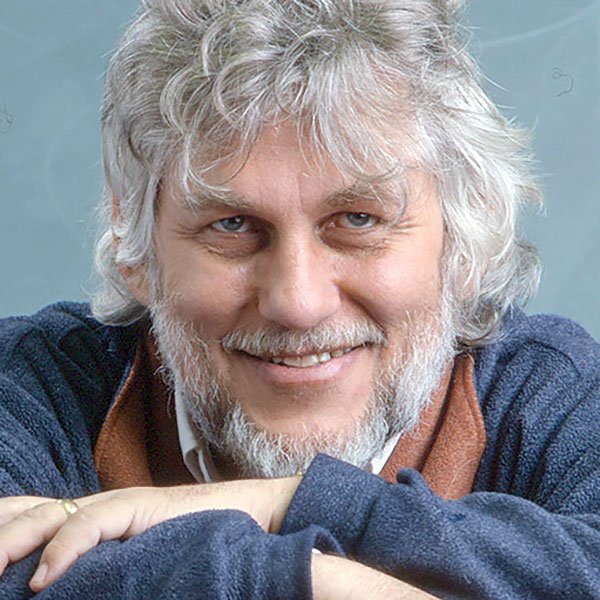Van Vleck Public Lecture: William Unruh, University of British Columbia
About the Talk: The detection of gravitational waves from events such as the collision of black holes is based on one of the most exquisitely sensitive experiments in the world. Although the energy released in the original collision is as large as that from anything humans have ever observed, the resulting ripples in space-time are so small by the time they reach the earth that they generate displacements less than a billionth of a billionth of a meter. This is why gravitational waves resisted detection for a century until their observation in 2015, a feat recognized by the 2017 Nobel Prize in Physics. At present, the key source of noise limiting the sensitivity in these experiments is due to quantum mechanics. Given that the detector mirrors weigh 40 kg, it is astounding that the quantum theory originally developed for atoms matters in this case for macroscopic objects. This year’s Van Vleck lecture will explore this phenomenon. Things can go strangely in the quantum world, and Professor Unruh will show how it is possible to reduce the effects of this noise by actually injecting more quantum noise into the detector.
About the speaker:
William Unruh received his Ph.D. in 1971 under John Wheeler (the person who popularized the name "Black Hole" for the phenomenon). In trying to understand the quantum mechanics of black holes, Unruh discovered the Unruh effect and the Unruh vacuum around black holes. His work has concentrated on the overlap between quantum mechanics and gravity, leading to work on the nature and measurement of time, the study of (non-)non-locality. in quantum mechanics, the quantum origin of matter in early cosmology, the impact of quantum mechanics on the detectors of gravitational waves, and other effects in the same general area. He holds a number of honors including Fellowships in the Royal Societies of Canada and of London, and is a Foreign Honorary Member of the American Academy of Arts and Sciences. At present he is Professor of Physics and Astronomy at the University of British Columbia; Distinguished Research Chair at the Perimeter Institute; and Research Professor at Texas A&M University.
The lecture is free and open to the public, but registration is requested
